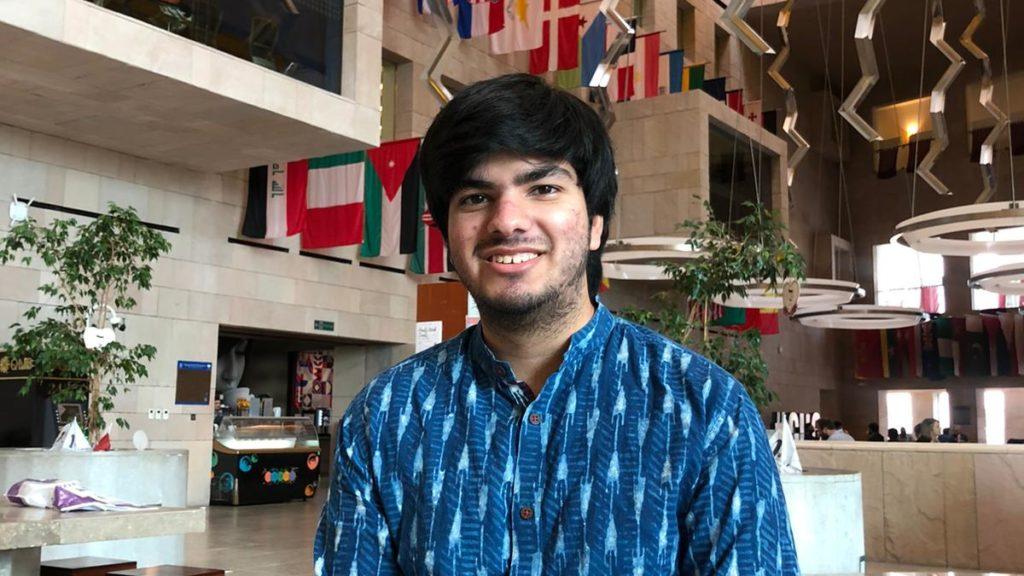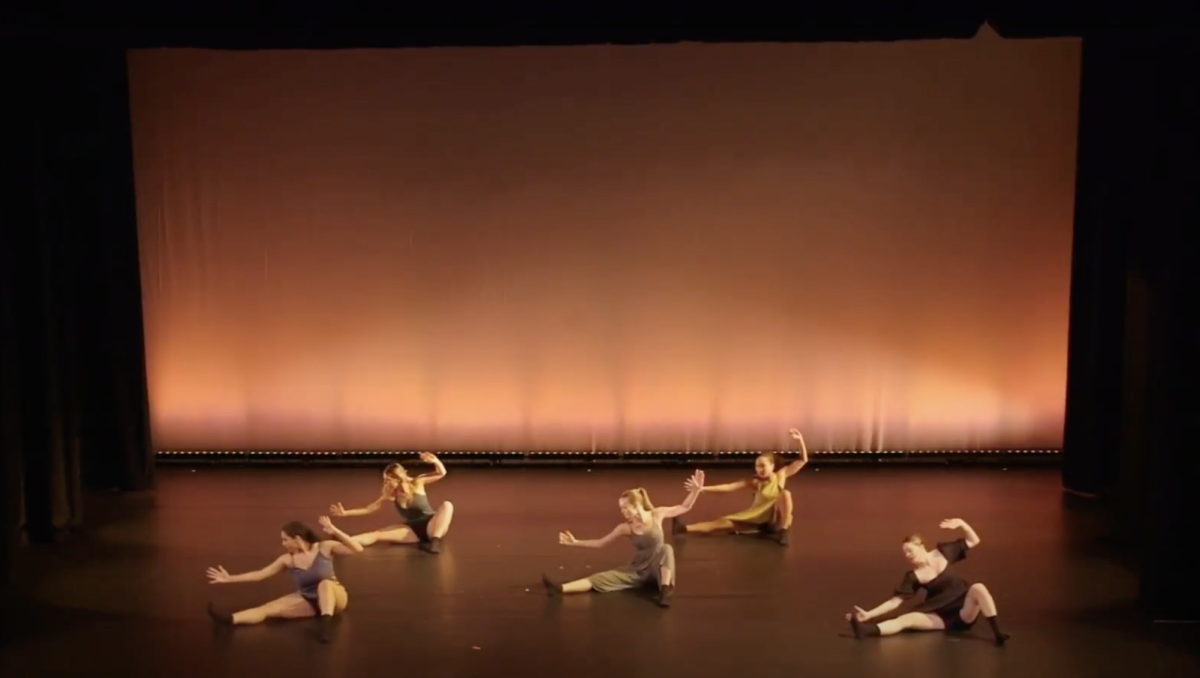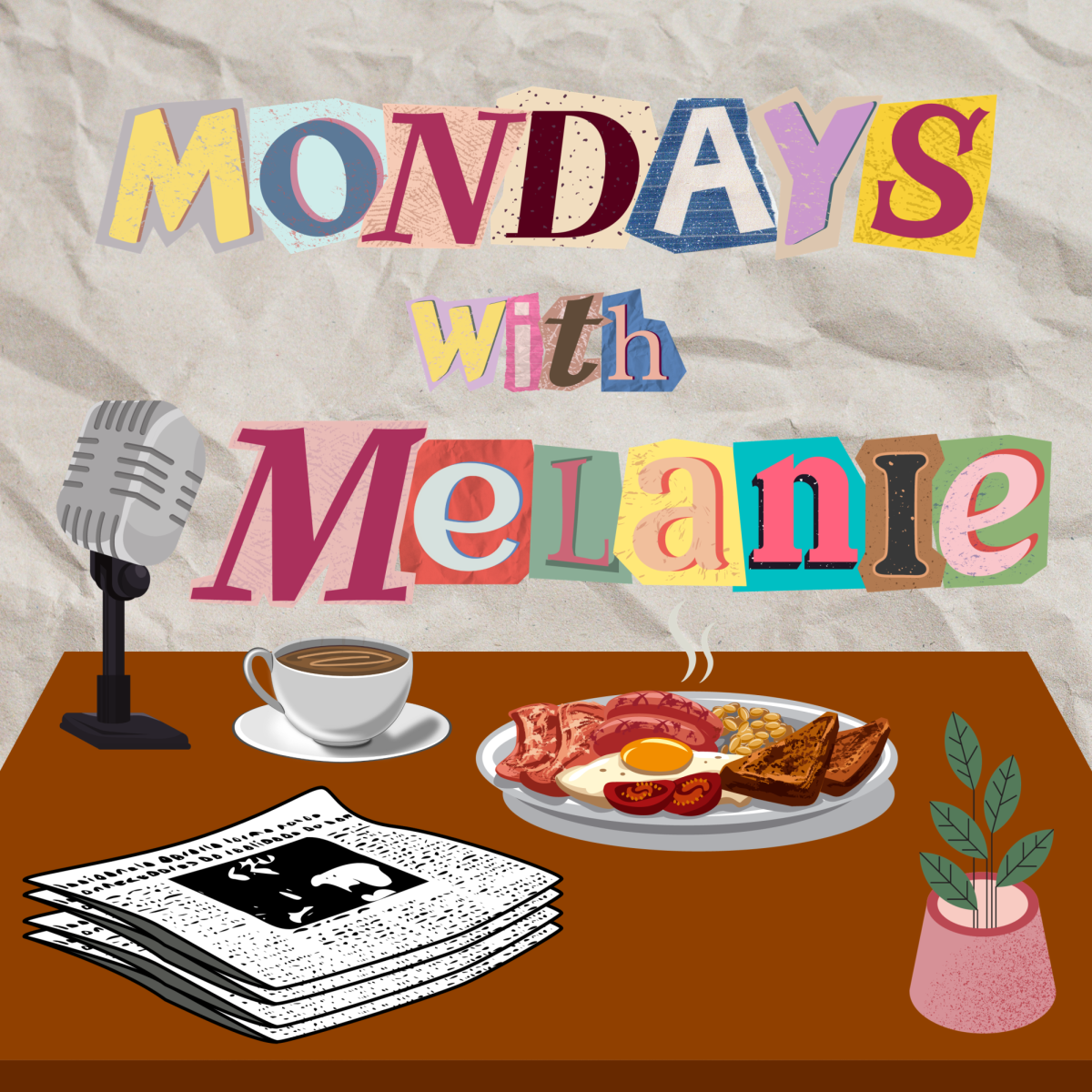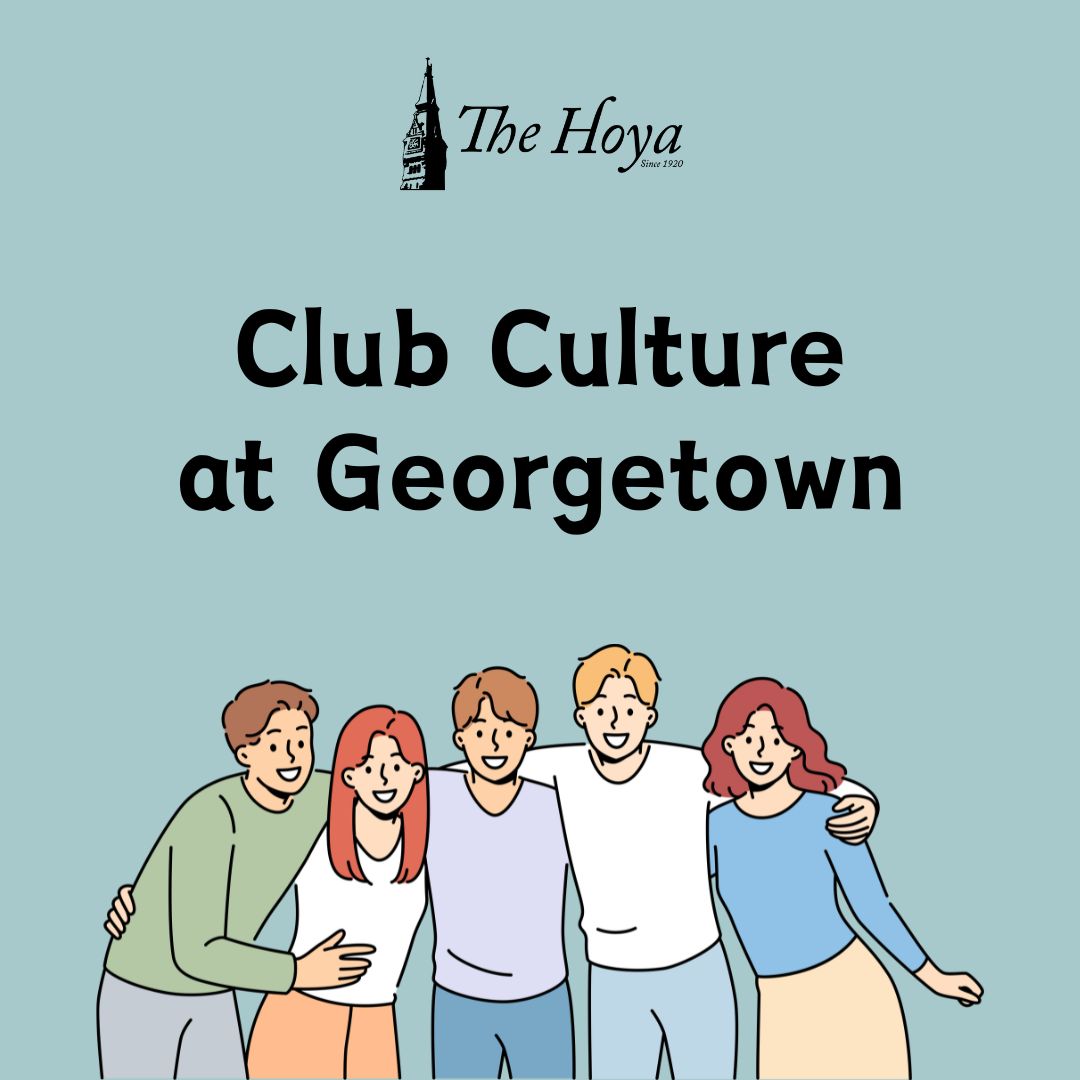Growing up in India, Kartikay Uniyal (SFS-Q ’23) spent his weekends in high school volunteering to teach at different public schools near his home. It was then that he began to notice the disparities in education students across India were facing.
Then, with the COVID-19 pandemic forcing over 250 million students to adapt to new learning styles, especially with remote instruction, Uniyal had an idea. What if he could try and bridge the gap among students by creating an online learning platform that allowed students to add to their school curricula with free, self-taught videos and chat features?
The answer to that was Access Labs, an educational technology platform that Uniyal founded in 2020 alongside the Peace Innovation Lab at Stanford University. The Hoya spoke with Uniyal to learn more about Access Lab and its current reach to students in Delhi, India, today.
Podcast Transcript:
UK: Sure, so I’m Kartikeya.
GB: The other day I had the chance to call Kartikeya Uniyal (SFS-Q ’23), a junior in the School of Foreign Service at Georgetown’s Doha, Qatar, campus. While I had just finished lunch, Uniyal was in his dorm room ending his day, our call taking place between a seven hour time difference and over 6,000 miles apart.
UK: I’m in the dorms we have in Qatar. So they look pretty good, I guess.
GB: The white cinder blocks behind Uniyal are indeed a college dorm room staple — just ask any first year living in New South. And dorm decor aside, I called Uniyal to discuss a project he’s been working on for over a year now called Access Labs. But let’s let him explain.
KU: So Access Labs in 30 seconds is simply an tech intervention or a solution to make ed tech more accessible and through that we make education accessible, attainable and enforceable.
GB: Ed tech, by the way, is exactly what it sounds like. Educational technology is a growing field that looks at the type of digital technology students of all ages can use to facilitate their learning both in and out of the traditional classroom space.
KU: Right now all forms of ed tech, even if they are free, aren’t accessible to the majority of the populations. And this goes for any website from Coursera to YouTube, whatever we pick, the organization’s view would be that none of these are actually accessible and nor is the skill that you aim to learn from them attainable.
GB: In case you were wondering, explaining what Access Labs is takes longer than the 30 seconds Uniyal was going for. So let’s take a step back here. Uniyal, who is from India, first began to notice the prevalence of educational disparity back when he was in high school. He used to volunteer to help teach students in public schools on the weekends and couldn’t help but compare his own experiences as a student in a private school and the vast range of experiences among other students.
UK: I come from a private school in India. Private schools are not the same as they are in the U.S. Like there are a lot of private schools in India and the fees isn’t that high, but the disparity in education is. So I could compare the two experiences and see the drastic change. And that’s what kept me involved in at least the public education sector and yeah. But when we saw COVID affecting it and students being out of school, out of education, out of everything, that’s what pushed us in that direction on making those ed-tech interventions, which the government already has more accessible.
GB: As with many things, the COVID-19 pandemic only exacerbated educational divides among students in India. The Indian education system is incredibly vast with over 1.5 million schools that house over 250 million children, according to a 2018 UNICEF report. So when the pandemic forced these schools to close their doors, suddenly, like all around the world, education became incredibly reliant on virtual instruction. For Uniyal, not only were students receiving different schooling experiences based on things like socioeconomic background and access to the internet, but many families simply didn’t have the electronic device capacity to support their students.
UK: When I would talk to students in India who I knew from my weekend experiences they’d say that, say it was a family of three, the eldest kid would get the phone to take the classes and the others won’t. So they switched around but basically the 10 year old was missing out on an education because their sibling was in, let’s say, the tenth grade. And that to me was pretty upsetting.
GB: So Uniyal was hooked. What could he do to improve not only existing educational disparities in India but ones that were now dire during the pandemic? And that’s how Access Labs was born. Uniyal founded Access Labs in 2020 alongside another college student at the University of Delhi. Their program aims to provide an online educational service for students in grades eight to 12 throughout India through self-designed step-by-step schooling tools like video lessons and chat boxes for students to ask questions. Programming officially launched in November 2020 and, as we speak, students, mostly concentrated in Delhi, are taking free courses in subjects ranging from entrepreneurship, justice and data science.
UK: We’ve designed them thinking from the lens of an eighth to twelfth grader. It’s something that’s short because they don’t have time or their attention span is too less, and it’s really activity oriented because simply watching a video doesn’t achieve those ends for us anymore. But in general the line of thought that we use for implementation is that it’s open access. So if someone in the sixth grade wants to take it, they’re welcome. If someone who’s 60 years old, they’re welcome. So it’s all open access. It makes the product wide ranging in its reach.
GB: On a larger scale, Access Labs has a lot more to do with this idea of educational equity than just getting good, accessible online content into the hands of as many students as possible. For Uniyal, it comes down to yes, what kind of education different people have access to, but why do we have to ask that question in the first place. Why do we consider education, and really knowledge, as an asset for some but not for all?
UK: Basically our goal here is to sort of change how we approach learning. Even the classes we take at Georgetown, for example, there is an element of hierarchy within it, right? There’s information coming from up. And what that means is that we think that certain communities don’t have the means to have knowledge or information. And we don’t want it to remain that way. So for example if there’s a student studying in rural India we don’t want to assume that my Dehli designed curriculum is what they need to learn to escape that rural area, for example, or escape their circumstances. So there’s knowledge everywhere and there’s learning everywhere. We just want them to know that there are enough means today for them to translate their knowledge into something that can help them achieve their means.
GB: To actually get Access Labs up and running, Uniyal worked with the Peace Innovation Lab at Stanford University, which is laboratory that works with corporations, students, governorments, NGOs or really anyone else who has a stake in improving cooperation and innovation with those across a border, whether that be gender, class, religion or age. During the summer of 2020 Uniyal worked with the Lab to take his ideas about addressing India’s educational divide and they helped provide funding and support as he worked to develop the online platform that is now Access Labs. Despite the support Uniyal received, the challenges to keep Access Labs afloat still exist.
UK: Mainly in terms of support from other non profits we’ve not received much simply because our solution is sometimes deemed to be too much, or too hard to implement. As well as there’s a bit of resistance in the non-profit space in India currently towards bootstrap non-profits, that’s what I call it now, because we didn’t receive funding from anyone philanthropic or charity or some billionaire who’s supposed to do some little bit of work. We really want to intervene and make a difference. And we feel a lot of education NGOs don’t do that in India right now.
GB: At the end of the day, Uniyal hopes that Access Labs will be one of many steps in addressing how we, especially students at an institution like Georgetown, understand and come to see the value in our higher education.
UK: We don’t understand the whole meaning behind that learning experience or that resource and then at the same time there are millions being devoid of that resource. And if we keep constraining knowledge that means we keep constraining resources and if we keep constraining resources we keep creating that divide. So basically we’re complicit and if we don’t accept that then we don’t do anything.
GB: And though Uniyal still has another year to go before graduation, Access Labs is his future. For him, there’s a ticking clock at stake.
UK: I mean I seriously consider this a race between us and those private schools in India which have access to all those resources. And we just need to make everything available to as many people as possible before they get it for their students.
GB: And that’s all we have for you today. This podcast was recorded, edited and produced by Grace Buono. Special thanks to Kartikeya Uniyal for taking the time, despite the time change, to speak with The Hoya. Oh, and in case you haven’t heard, the Multimedia team here at The Hoya is growing. Make sure to check out all our content this week, including new video work. Otherwise, we’ll see you next week.









widad • Nov 17, 2021 at 4:37 am
Many thanks.keep up the good work
widad • Oct 26, 2021 at 5:37 am
Great article. thanks
senior high strands • Sep 27, 2021 at 3:54 am
This is something different from other articles. You don’t see much posts like these. Great article!